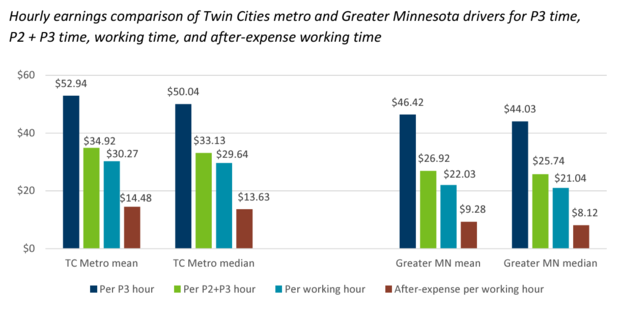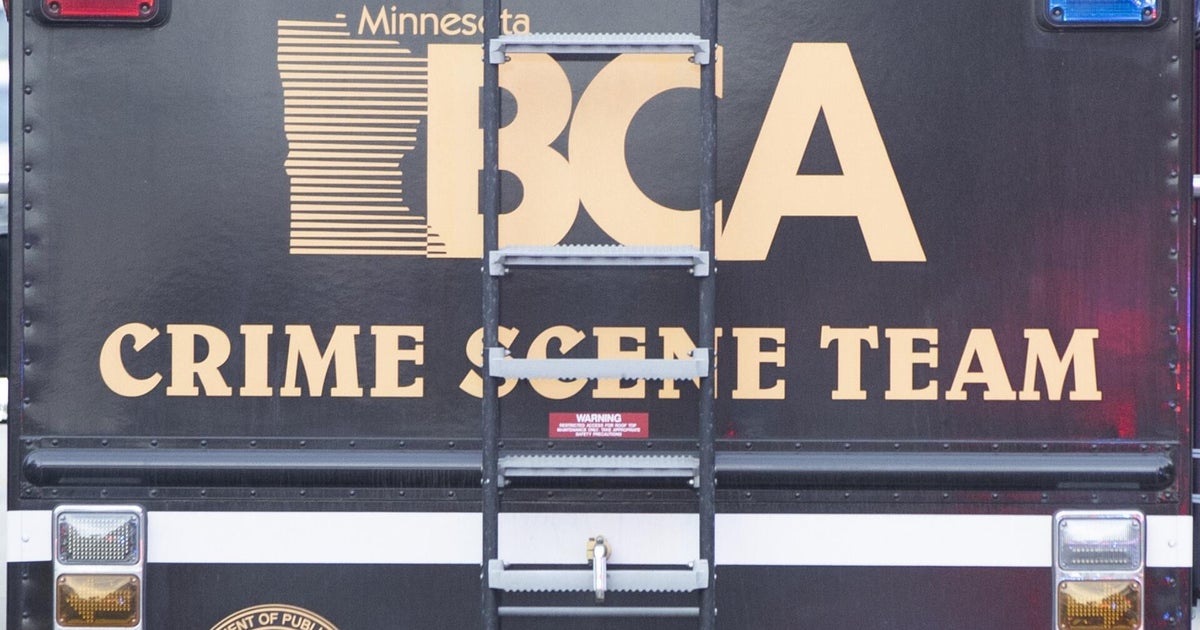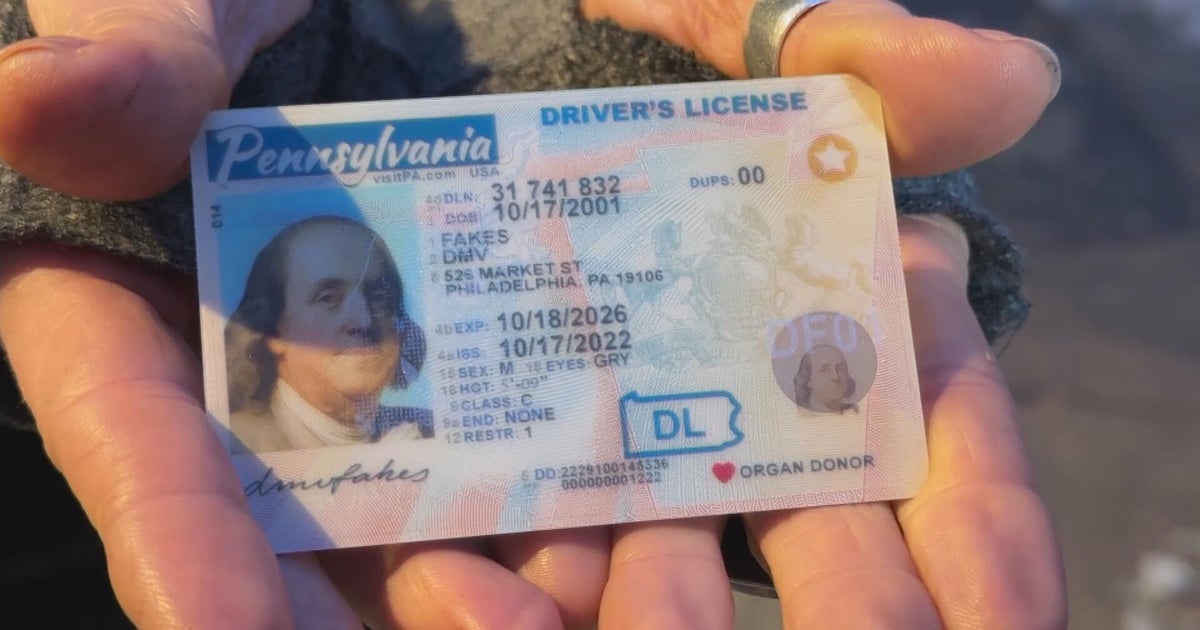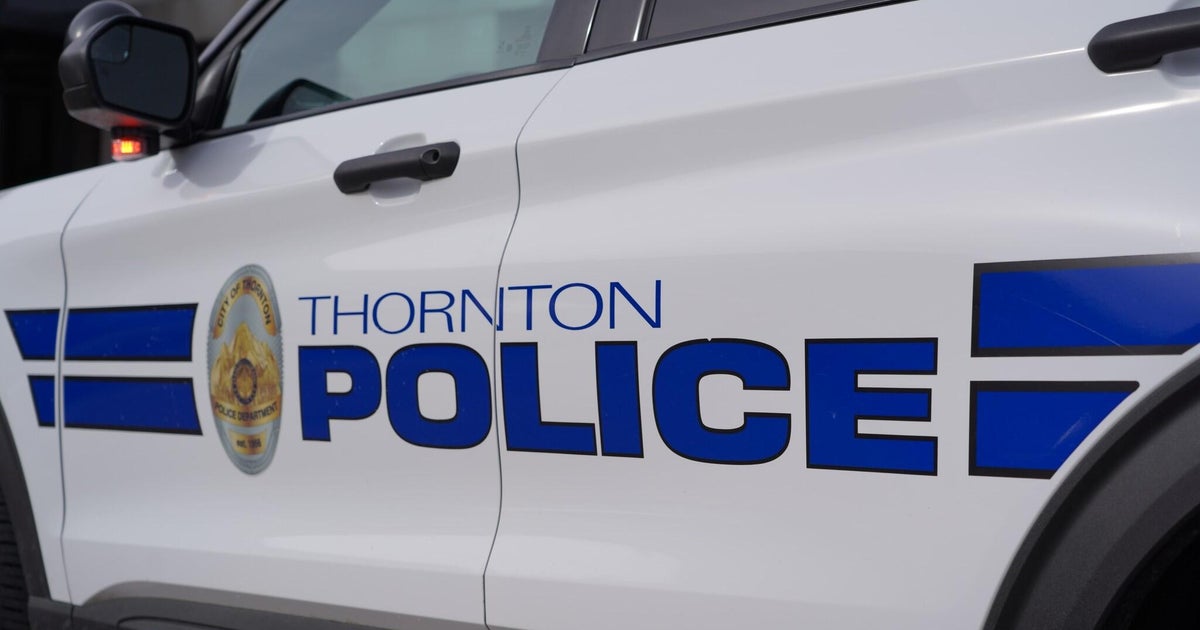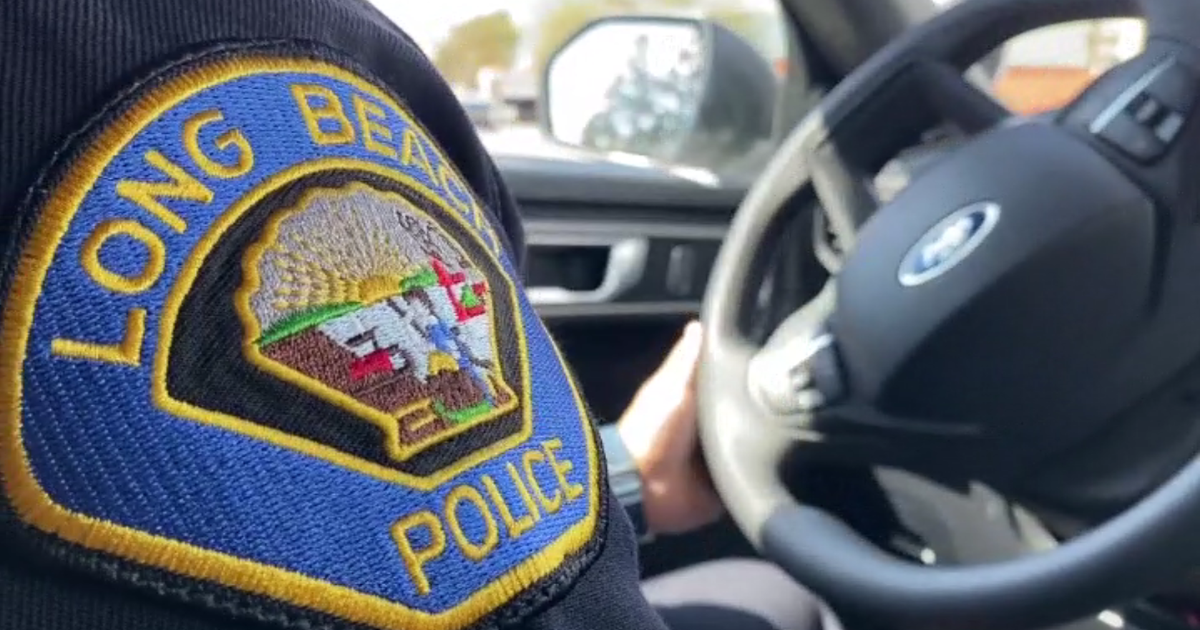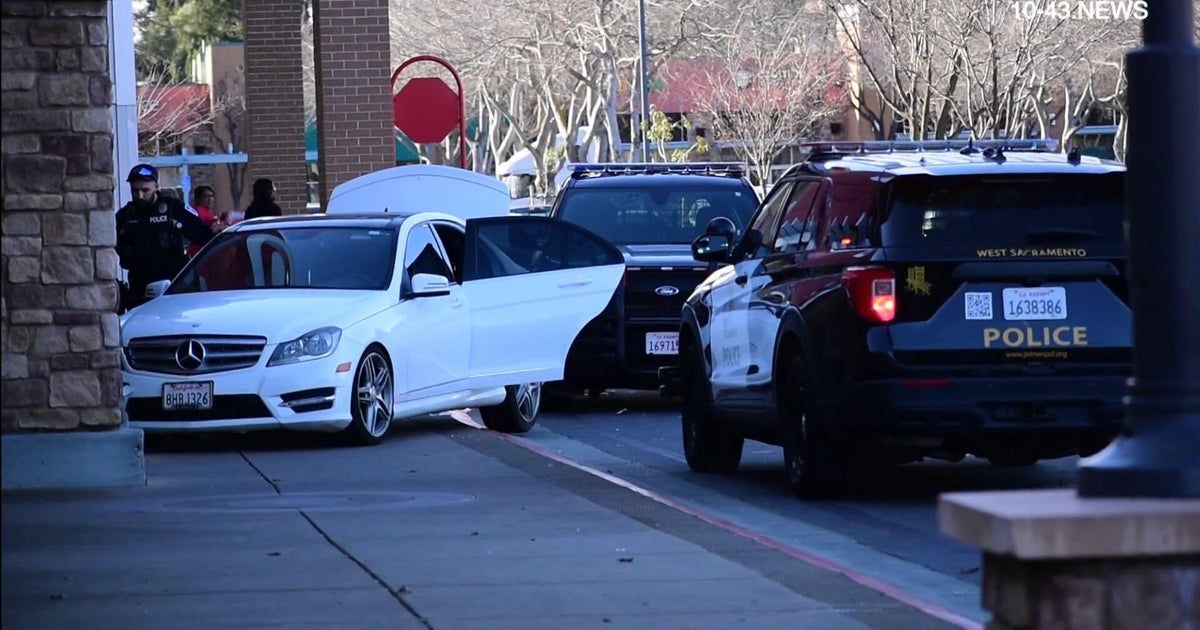State labor department's rideshare analysis recommends minimum pay standard
MINNEAPOLIS — The Minnesota Department of Labor and Industry has released its findings in a study that analyzed data from rideshare drivers, in an effort to better outline what the average driver earns in wages, and concluded that there should be a standard minimum.
"A minimum pay standard would ensure drivers receive compensation for their working time and they receive compensation to cover the expenses of acquiring, operating and maintaining their vehicle," the report concluded. "Should the companies raise fares in response to a driver compensation standard, passenger demand for rides might fall enough to lower the aggregate earnings of drivers. That outcome is unlikely since it would constrain the companies' ability to generate commissions on those rides."
Among the report's findings: rideshare drivers in the Twin Cities metro area earned an average of just shy of $14.50 per hour in 2022, taking into consideration such things as time spent without an active passenger, and other expenses.
This study comes in the immediate wake of Minneapolis City Council voting to raise minimum pay for rideshare drivers, which was passed by a 9-4 vote on Thursday, despite some members' objections to pushing it through before the release of Friday's report.
The issue has been on the radar for many since the 2023 session, which saw state lawmakers pass a bill that would have raised wages for rideshare drivers. It ultimately became the first bill vetoed by Gov. Tim Walz, who in vetoing it also signed an executive order to create a committee for further study.
This week, the DLI issued its report, which looked into 2022 data from more than 18 million rides and a survey of more than 1,800 drivers. Organizers tout it as the largest single such study yet.
"This level of detail, including an analysis specific to Greater Minnesota, is new for our community. I hope the report will help achieve a policy solution informed by data and stakeholder input," DLI Commissioner Nicole Blissenbach said Friday.
Transportation Network Company Driver Earnings Analysis and Pay Standard Options by WCCO - CBS Minnesota on Scribd
The report took a number of factors into consideration in pursuing a standard for wages, including drivers' time spent waiting, driving to pick up passengers and transporting their passengers.
The report also found that only about 5% of rideshare fares occur outside of the Twin Cities' seven-county metropolitan area.
When wage laws have seemed likely pass on both a state and municipal level, companies like Uber and Lyft have raised objections, even threatening to pull service out of the area should they become law, including in the state's most populous city of Minneapolis.
